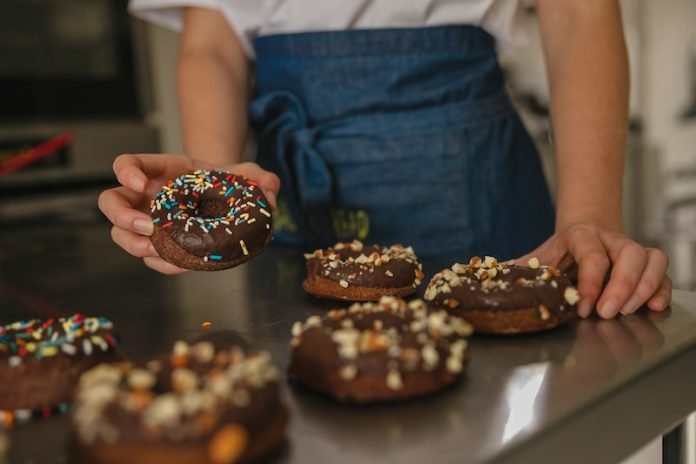
When we think about high blood pressure, or hypertension, salt usually gets the blame. It’s a common belief that eating too much salt can send your blood pressure soaring.
However, recent research suggests that sugars, particularly the ones found in processed foods and sweetened drinks, might be equally or even more concerning in contributing to high blood pressure.
This research review aims to shed light on the often-overlooked role of sugars in hypertension, making the science accessible and understandable.
High blood pressure is like a silent alarm that rings throughout your body. It means your heart is working overtime, pushing blood through your arteries with too much force.
Over time, this can damage blood vessels, leading to heart disease, stroke, and other serious health issues.
Traditionally, dietary advice for preventing and managing hypertension has focused on reducing salt intake. However, this view is expanding to include the broader impact of diet, especially the role of sugar.
The suspicion that sugar might influence blood pressure began to gain traction with observations of rising rates of hypertension alongside increasing consumption of processed foods and sugary drinks.
These dietary changes have become more pronounced over the past few decades, paralleling the global rise in hypertension cases. Researchers started to dig deeper, looking for a connection between sugar intake and high blood pressure.
Several studies have found that sugars, especially fructose, which is a component of table sugar (sucrose) and high-fructose corn syrup (found in many sweetened processed foods), can have various effects on the body that might contribute to high blood pressure.
For one, consuming high amounts of fructose can lead to weight gain and obesity, which are known risk factors for hypertension. But it doesn’t stop there; sugar can also affect blood pressure directly.
Fructose has been shown to increase the production of uric acid in the body, which can raise blood pressure by reducing the levels of nitric oxide, a molecule that helps keep blood vessels relaxed and open.
Additionally, excessive sugar intake can lead to insulin resistance, a condition where the body’s cells don’t respond effectively to insulin. Insulin resistance is associated with various health issues, including hypertension.
Importantly, the evidence does not just point to fructose alone. Other forms of sugar, including glucose and sucrose, also play a role in this complex picture.
Consuming large amounts of these sugars can contribute to inflammation, oxidative stress, and the accumulation of fat, particularly visceral fat around the abdomen, all of which are pathways leading to higher blood pressure.
The shift in scientific perspective from focusing solely on salt to also considering the impact of sugar on blood pressure is significant. It suggests that managing hypertension might require a more holistic approach to diet.
Reducing sugar intake, particularly from processed foods and sweetened beverages, could be as important as, if not more important than, cutting down on salt.
This doesn’t mean that salt is off the hook. Both salt and sugar have roles in the development of high blood pressure, and focusing on a balanced diet rich in fruits, vegetables, whole grains, and lean proteins is key.
Limiting processed foods, which often contain high levels of both salt and sugar, is a straightforward strategy that can have a big impact on blood pressure.
In conclusion, the evidence increasingly suggests that sugars play a significant role in the development of high blood pressure, alongside salt.
Understanding this relationship can help individuals make more informed dietary choices, potentially preventing or managing hypertension more effectively.
It’s a reminder that what we eat truly affects our health in profound ways, and sometimes, the sweetest choices are not the healthiest ones.
If you care about blood pressure, please read studies about how diets could help lower high blood pressure, and 3 grams of omega-3s a day keep high blood pressure at bay.
For more information about nutrition, please see recent studies that beetroot juice could help reduce blood pressure, and results showing cinnamon could help lower high blood pressure.
Copyright © 2024 Knowridge Science Report. All rights reserved.



